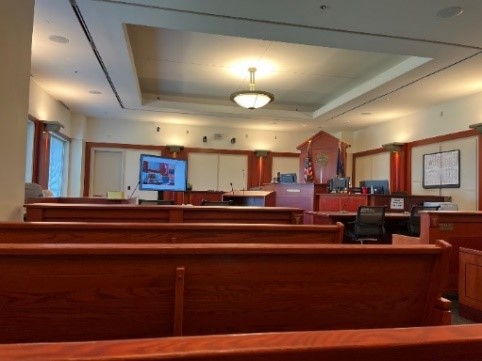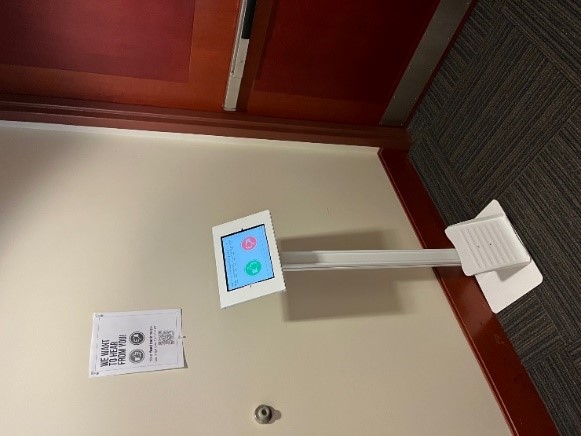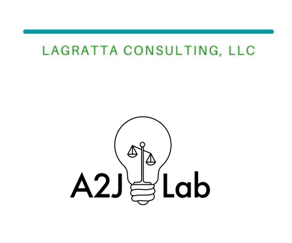The Access to Justice Lab at Harvard Law School and LaGratta Consulting LLC are conducting a randomized control trial examining the effects of in-person versus remote hearings for self-represented family law litigants in the 3rd Judicial District Court of Utah (Salt Lake County). The project intends to examine case outcomes and litigant experience in both contexts. All four commissioners hearing family law matters agreed to participate in this innovative effort.
The research team sorted cases randomly between in-person and remote contexts. As litigants left each court appearance, they were asked to answer a few questions about their experience via an iPad kiosk at the back of the courtroom or a follow-up email, with approximately 20 percent of litigants responding so far.

Early data trends suggest matters proceeded similarly regardless of medium, with little effect on time to disposition or appearance rates. The exception was in litigants’ ratings of perceived fairness, which was significantly lower in remote proceedings. Given the documented connection between perceptions of fairness and voluntary compliance, public trust, and system legitimacy, remote proceedings may come at a steep cost without targeted mitigation strategies to narrow this gap.

Data collection is still underway, with final results and corresponding policy and practice recommendations expected in 2024. Download a mid-project brief here or contact Emily LaGratta (Emily@lagratta.com) and Renee Danser (rdanser@law.harvard.edu) with questions or comments.



